How Do I Get Good Internet on the Road?
Even though we left the Tampa RV Show early, we heard one question over and over - “How do you get good internet on the road?” We’ve talked about this a few times but thought it would be a good time to revisit. Although some only use the internet to check emails and pay bills, a large percentage of RVers are relying on the internet to stream TV shows, movies and sports. I know that when football season starts, I start thinking about where we will be and what our internet situation will be on game day, and with the big game coming soon, I know some of you are too!
When thinking about internet connection on the road, the first question you have to ask yourself is what are you using connectivity for? Is your priority being able to make phone calls? Is your priority surfing the internet and streaming videos? Or is your priority both? Also, are you using internet connectivity for entertainment, or do you use it just for work?
Once you answer these questions for yourself, you really have two reasonable choices for accessing the internet: cellular and WiFi. Let's look at both to help decide which is best for your situation.
WiFi
Accessing the internet through WiFi happens when you connect to an access point at a RV park that may have free WiFi. Some parks are even moving to paid WiFi to offer faster speeds. When connecting to this type of service you are effectively connecting to an internet service provider like Comcast or Mediacom by connecting to the park's internet provider.
The advantages of this type of connection is that you are using someone else's data to surf the internet which is free in most cases. The disadvantage to this type of connection may be that there is not enough bandwidth to do what you want to on the internet.
For example, if you want to stream a movie and the RV park's service does not have the bandwidth for this, then the movie may not play or may buffer a lot. The other thing about connecting to an RV park's WiFi is that you need a strong connection to their access point if you are going to be able to even access the bandwidth they provide. If you are 200 yards from their connection point, then this will make matters worse because the WiFi adapters in your devices are not designed to connect from that distance.
WiFi can be great, until it is not great and it always varies from park to park. We utilize WiFi when we are parked near a friend's house or when we are behind our office, but don't use it much when in campgrounds.
Cellular
When using the internet through cellular, you are connecting to the local cell tower. This uses a cellular provider like AT&T, Verizon or T-Mobile, and tends to be more reliable and more secure than WiFi. The downside of using cellular is that you are paying for the data that you are using. In addition, the further away you are from the local cell tower the weaker your signal will be and this can affect performance. Overall, cellular is the best way to get reliable, secure internet while on the road, but if you are looking to conserve data, WiFi can be a great way to supplement and reduce the data load on your cell plan when it is available.
What do we use to stay connected on the road?
We actually use both WiFi and cellular, but we rely much more heavily on cellular. We carry Verizon and AT&T cell plans with us and plan to add T-Mobile before we leave Mobile next month. Yes, using cellular is not the cheapest method to stay connected, but I can tell you that when you are trying to stream a football game or movie on a poor WiFi connection and it is constantly buffering, at that moment, you would pay any amount to resolve the issue. This is why we are on a cellular connection the majority of our travels.
Of course, it is not that easy to just say we are on cellular most of the time; there are certain pieces of equipment that bring it all together to make our experience better.
What equipment should an RVer use to have a great internet connection?
Remember when I asked you if your priority was a good phone connection or if surfing the internet was more of your priority? Well, I asked that because there are different pieces of equipment that help with talking on the cell phone versus surfing the web or streaming movies. So here are some different solutions for you to consider:
Cellular Booster
Let’s say you want to improve your cell signal for talking on the phone, and maybe you also use your phone as a hotspot, or maybe you even have one of those hockey puck style dedicated hotspots referred to as MiFis or Jetpacks. To improve the performance on these devices and boost the cellular connection, you would need a cellular booster, and the only brand to consider in the market is WeBoost.
With a WeBoost cell booster, you will have an outside antenna that brings in the weak cellular signal from the local cell tower, then it boosts that signal through an amplifier which sits inside the RV. From there, it rebroadcasts the boosted signal within your RV and creates a boosted zone. As long as your devices are in the boosted zone (which can vary from 1-6+ feet) then they will be boosted and improve your cellular experience. Also, you will have less dropped calls if you make your phone calls in the boosted zone. These devices are very popular and if you use a Jetpack or make your cell phone a hotspot, then a WeBoost cell booster is ideal for your situation.
To set the expectation clearly on this device, if you are completely out of cell tower coverage, then this device cannot make something out of nothing. However, if you have some cell signal, then it will boost it. The other expectation to be clear on is that the size of the boosted zone within your RV can vary in size based on what the originating signal was in the first place. The weaker the originating signal, the smaller the boosted zone will be. This typically is not a problem if you use a JetPack because you would simply put the JetPack next to the booster, and you would know that it is in the boosted zone.
If you want to learn more about the WeBoost cellular booster, check out this video.
Want to add a WeBoost Cell Booster to your internet arsenal? Click here.
This next set up is for those that are more concerned with data and not necessarily talking on the phone. This tends to be more of what is a priority for RVers, and for us, we tend to favor cellular data over talking data.
Cellular Routers
With all of our traveling experience, we can say with certainty that the best way to manage data and increase your positive experiences is to use a cellular router in your RV. A cellular router is much more than a Jetpack hotspot; in fact it is a night and day difference as it relates to performance. We only recommend the Pepwave cellular routers, and this brand has become the industry standard in the RVing community.
When you get a proper cellular router, you will be getting a lot for your money. First thing to know is that you will be providing your own data plan for these routers. So when you get a Pepwave router, you will insert the sim card from a data plan service. This simply means you can go to your current carrier and tell them you need a data only sim card, and then you choose the cell plan that best meets your needs.
Once you insert your sim card, the cellular router is going to manage the data and give you the best experience possible by using benefits like carrier aggregation and failover. This means that these devices can connect to more than one cellular band thus increasing your chances of having a great experience. After all, if a particular cell band is crowded and you have the ability to use one that is not crowded, well, this can make all the difference in the world.
Another advantage of a cellular router like Pepwave is that you can utilize multiple sim cards from different carriers at the same time. Before we had a Pepwave, we had to log in and out of difference hotspots depending on which one had the best signal. Now, the Pepwave gives us the best signal it has all through one login. It can actually bond different carriers together which increases our connection and speeds. Our Smart TV stays connected to the Pepwave and gives us the best signal when we stream movies, TV, and sports.
Ready to add a Pepwave router to improve your internet connectivity? Click here.
We have put out a lot of info about the Pepwave and we are happy to answer any questions you may have about them if you have more questions. Click here to contact us.


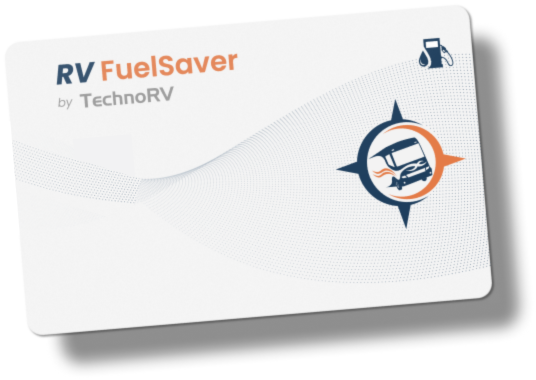
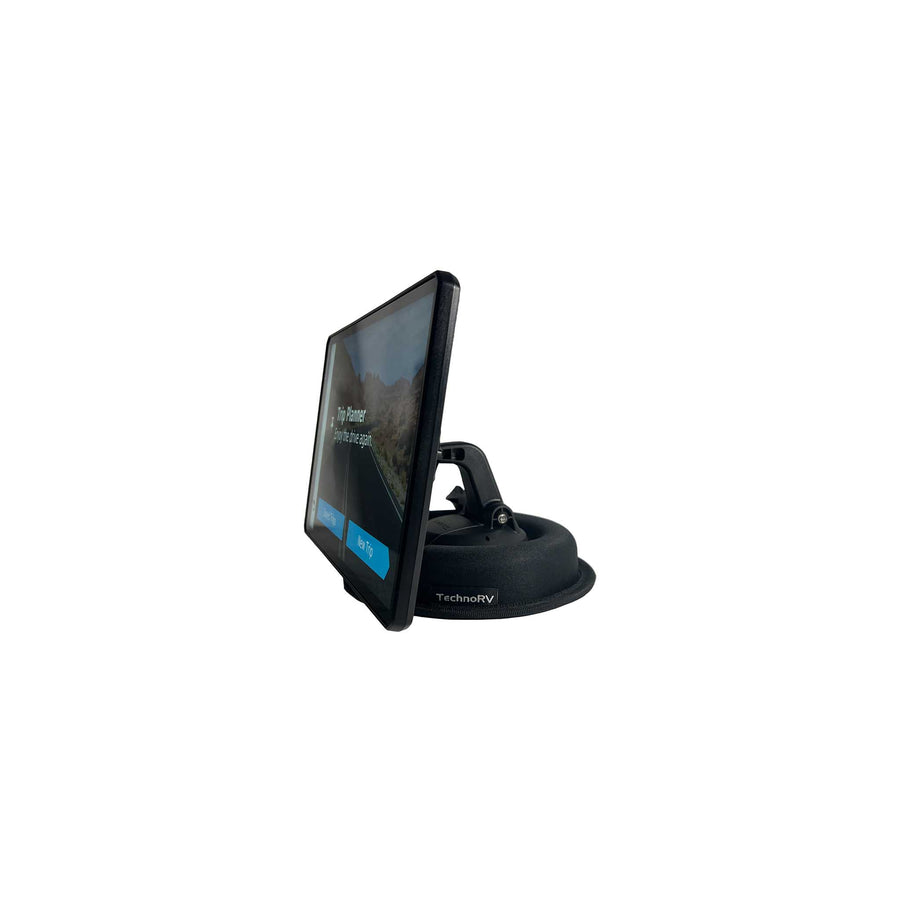
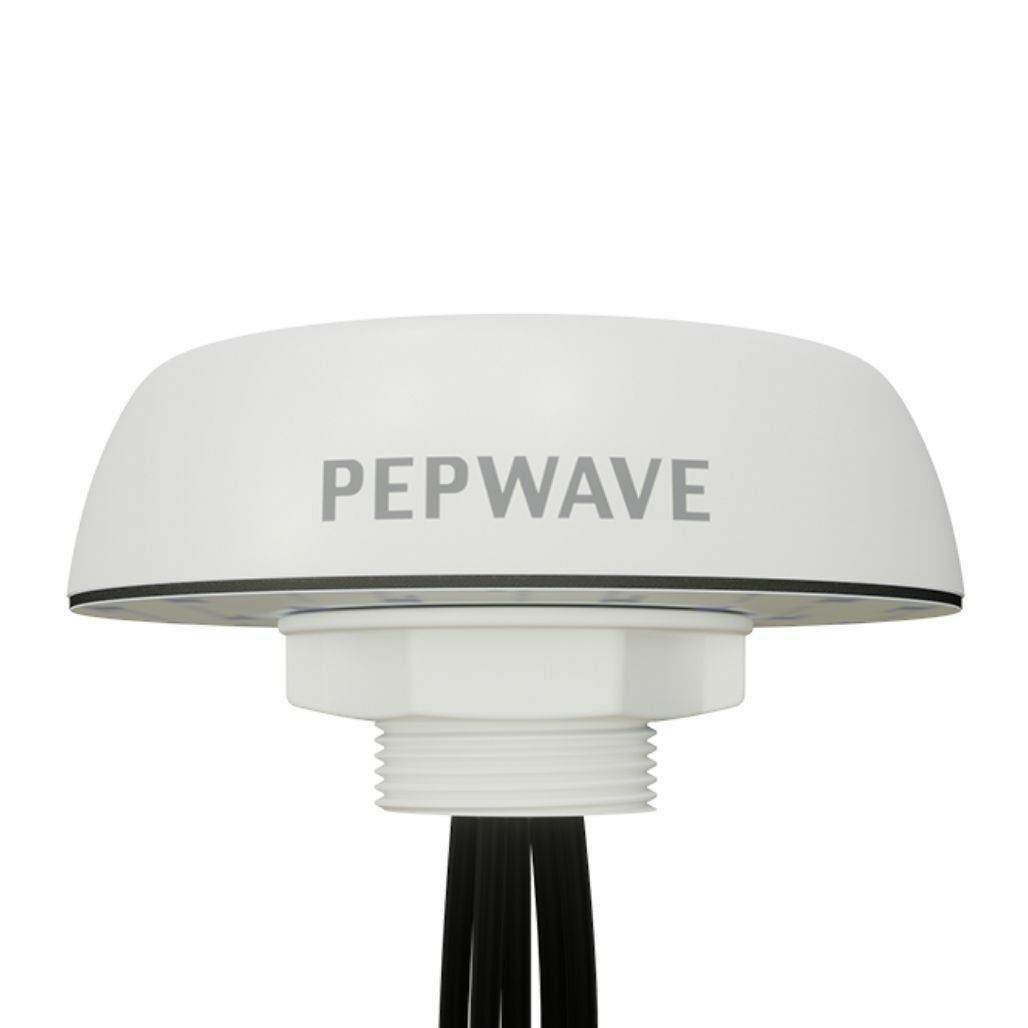




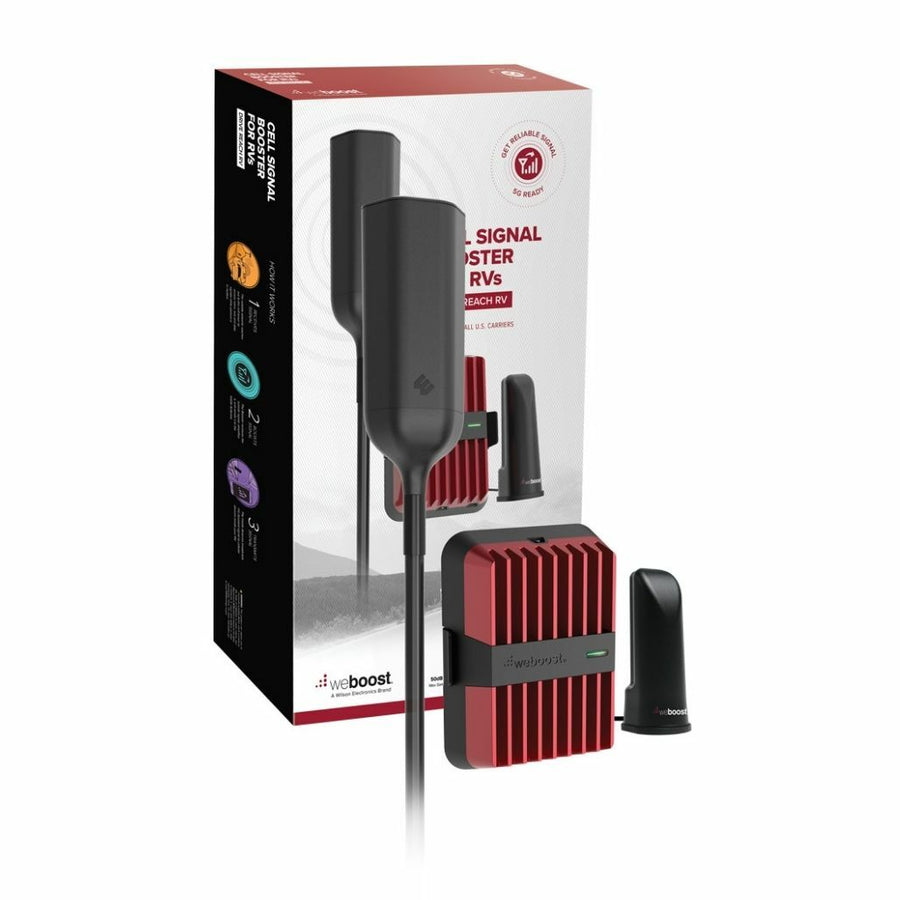

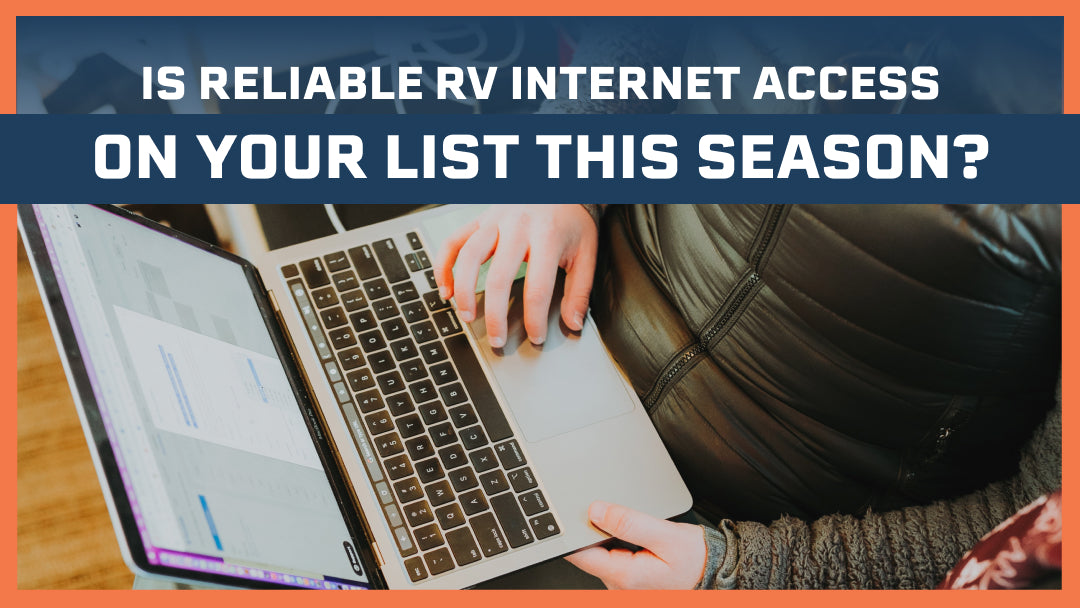
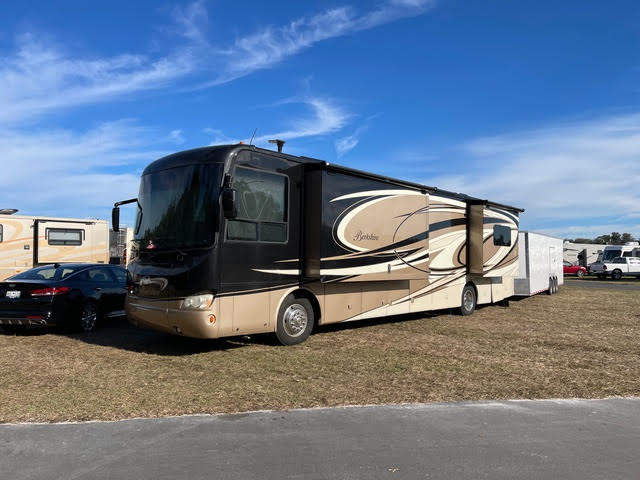
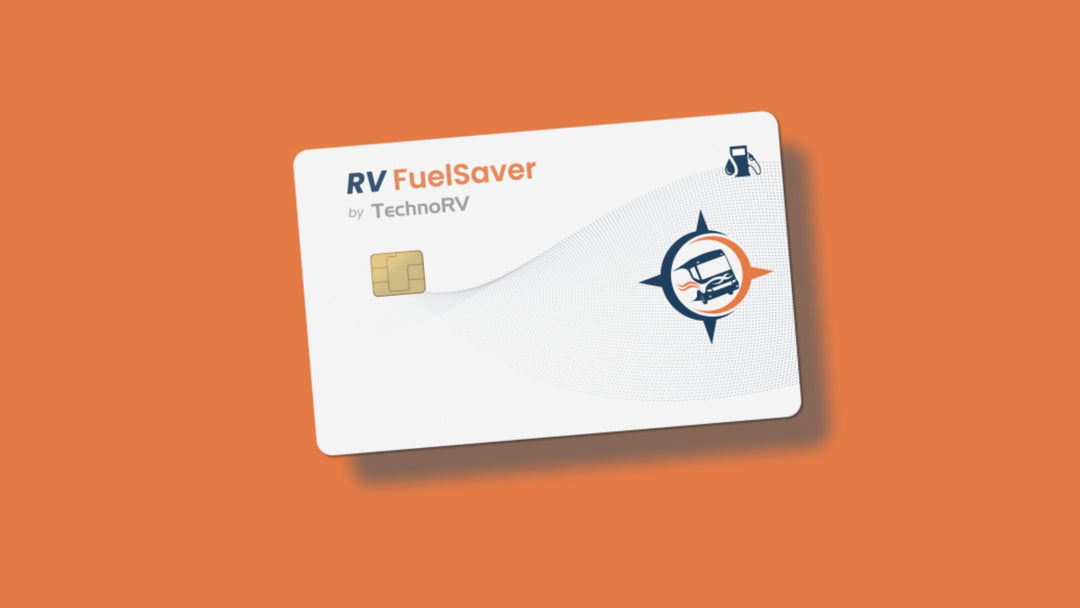
Leave a comment